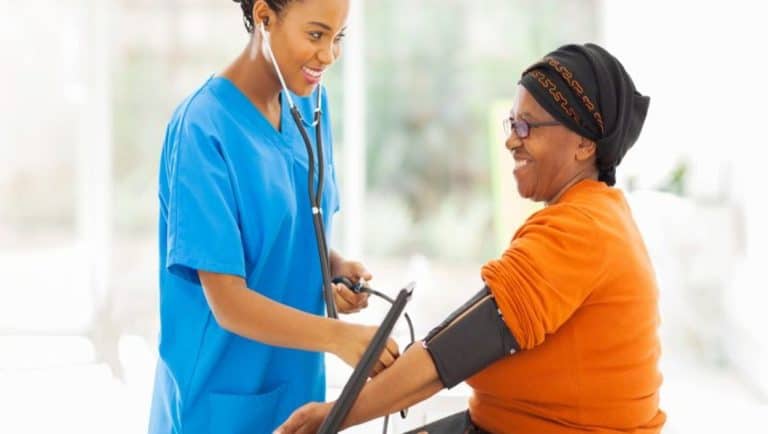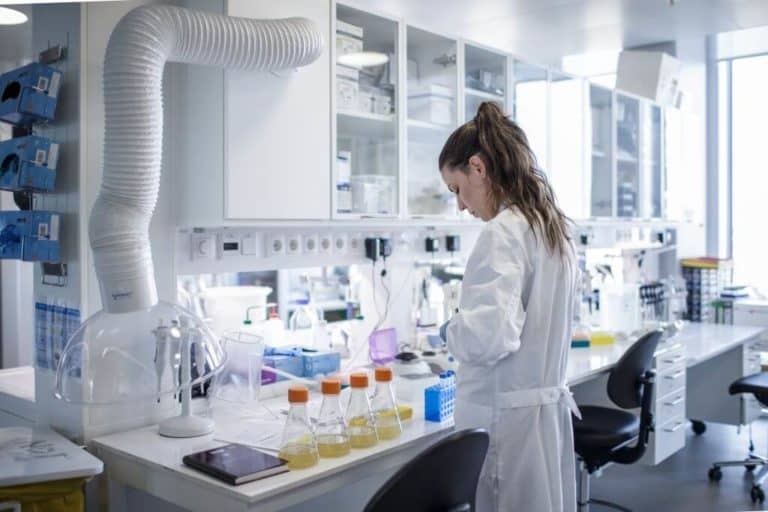False Cancer Information On Online Platforms May Prove Harmful
According to the latest analysis, 30% of the more prominent pieces on online networks concerning illness treatments include disinformation, with the majority of it being outright hazardous. Don’t trust anything you read regarding illness and treatment for cancer on the internet networking. “The worst-case scenario is when it leads to a person declining proven cancer…



